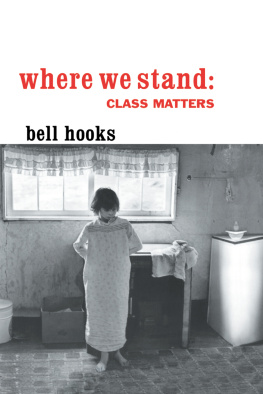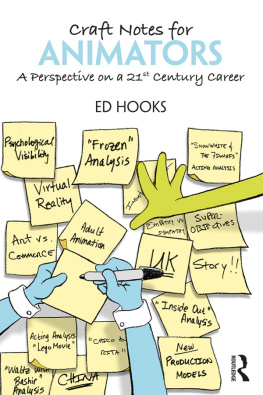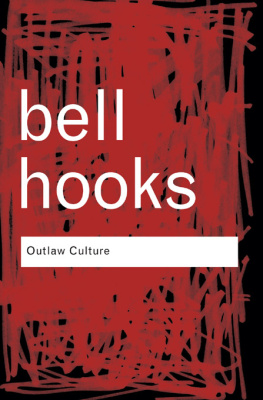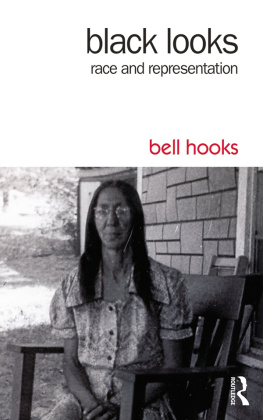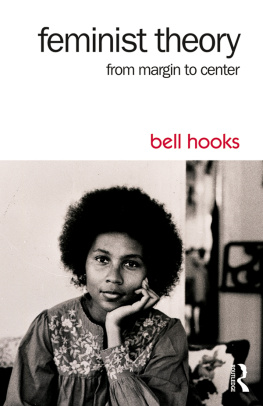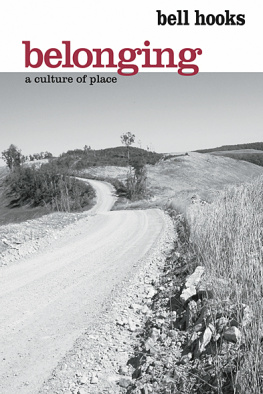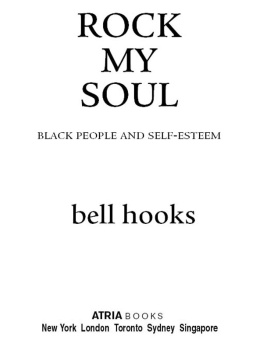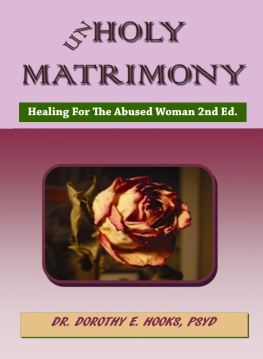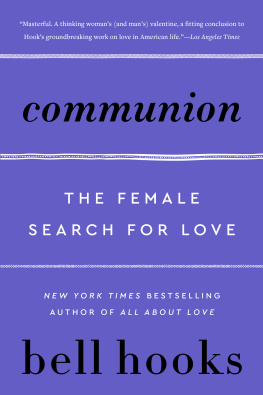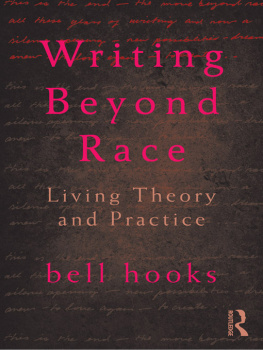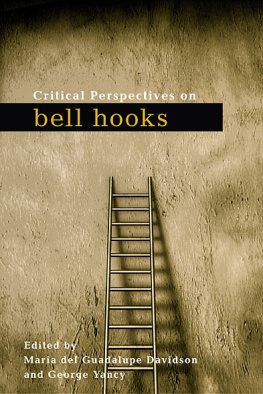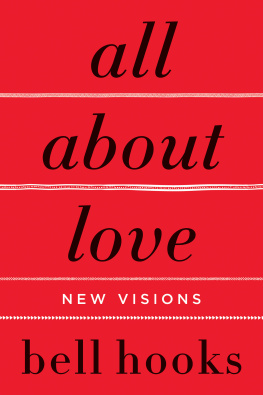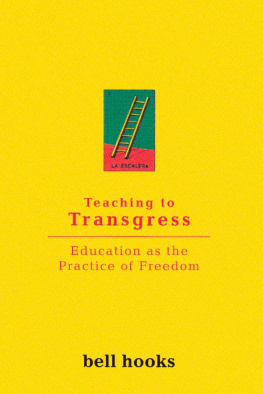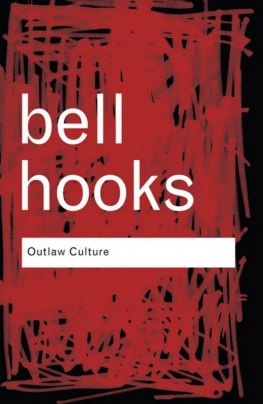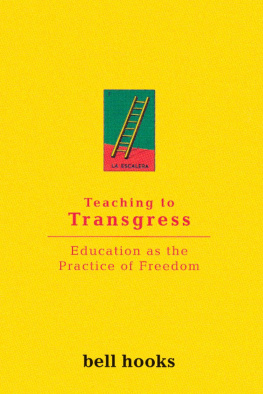hooks - Where We Stand
Here you can read online hooks - Where We Stand full text of the book (entire story) in english for free. Download pdf and epub, get meaning, cover and reviews about this ebook. year: 2000, publisher: Taylor and Francis, genre: Politics. Description of the work, (preface) as well as reviews are available. Best literature library LitArk.com created for fans of good reading and offers a wide selection of genres:
Romance novel
Science fiction
Adventure
Detective
Science
History
Home and family
Prose
Art
Politics
Computer
Non-fiction
Religion
Business
Children
Humor
Choose a favorite category and find really read worthwhile books. Enjoy immersion in the world of imagination, feel the emotions of the characters or learn something new for yourself, make an fascinating discovery.
Where We Stand: summary, description and annotation
We offer to read an annotation, description, summary or preface (depends on what the author of the book "Where We Stand" wrote himself). If you haven't found the necessary information about the book — write in the comments, we will try to find it.
hooks: author's other books
Who wrote Where We Stand? Find out the surname, the name of the author of the book and a list of all author's works by series.
Where We Stand — read online for free the complete book (whole text) full work
Below is the text of the book, divided by pages. System saving the place of the last page read, allows you to conveniently read the book "Where We Stand" online for free, without having to search again every time where you left off. Put a bookmark, and you can go to the page where you finished reading at any time.
Font size:
Interval:
Bookmark:

ROUTLEDGE
NEW YORK AND LONDON
Published in 2000 by
Routledge
29 West 35th Street
New York, NY 10001
Published in Great Britain by
Routledge
11 New Fetter Lane
London EC4P 4EE
Routledge is an imprint of the Taylor & Francis Group
This edition published in the Taylor & Francis e-Library, 2003.
Copyright 2000 by Gloria Watkins
All rights reserved. No part of this book may be reprinted or reproduced or utilized in any form or by any electronic, mechanical or other means, now known or hereafter invented, including photocopying and recording or in any information storage or retrieval system, without permission in writing from the publishers.
Library of Congress Cataloging-in-Publication Data
hooks, bell
where we stand: class matters/bell hooks.
p. cm.
Includes index.
ISBN 0-415-92911-3ISBN 0-415-92913-X (pbk.)
1. Social classesUnited States. 2. United StatesRace relations. I. Title.
HN90.S6 H66 2000
305.5'0973dc21 | 00034470 |
ISBN 0-203-90510-5 Master e-book ISBN
ISBN 0-203-90603-9 (Adobe eReader Format)
Nowadays it is fashionable to talk about race or gender; the uncool subject is class. Its the subject that makes us all tense, nervous, uncertain about where we stand. In less than twenty years our nation has become a place where the rich truly rule. At one time wealth afforded prestige and power, but the wealthy alone did not determine our nations values. While greed has always been a part of American capitalism, it is only recently that it has set the standard for how we live and interact in everyday life.
Many citizens of this nation, myself included, have been and are afraid to think about class. Affluent liberals concerned with the plight of the poor and dispossessed are daily mocked and ridiculed. They are blamed for all the problems of the welfare state. Caring and sharing have come to be seen as traits of the idealistic weak. Our nation is fast becoming a class-segregated society where the plight of the poor is forgotten and the greed of the rich is morally tolerated and condoned.
As a nation we are afraid to have a dialogue about class even though the ever-widening gap between rich and poor has already set the stage for ongoing and sustained class warfare. As a citizen who moved from the working class to a world ofaffluence I have long struggled to make sense of class in my life, to come to terms with what it means to have a lot when many people have so little. In my case, among those who have so little are my own family and friends. Like a vast majority of women in this nation I believe in caring and sharing. I want to live in a world where there is enough of everything basic and necessary to go around. Applying these beliefs to everyday life experience has not been an easy or simple matter.
These essays on class address the issues of both national and personal responsibility. I write about the class issues that most intimately affect my life and the lives of many other folks who are trying to figure out how to be responsible, who believe in justice, who want to take a stand. I write personally about my journey from a working-class world to class consciousness, about how classism has undermined feminism, about solidarity with the poor and how we see the rich. Of course, these essays address consumerism and the ways lust for affluence creates a politics of greed.
Women of all races and black men are rapidly becoming the poorest of the poor. Breaking the silencetalking about class and coming to terms with where we standis a necessary step if we are to live in a world where prosperity and plenty can be shared, where justice can be realized in our public and private lives. The time to talk about class, to know where we stand, is nowbefore it is too late, before we are all trapped in place and unable to change our class or our nations fate.
bell hooks
Everywhere we turn in our daily lives in this nation we are confronted with the widening gap between rich and poor. Whether it is the homeless person we walk by as we go about daily chores in urban areas, the beggars whose cups tinkle with the sound of a few coins, the middle-class family member or friend who faces unemployment due to cutbacks, plant closings, or relocation, or the increased cost of food and housing, we are all aware of class. Yet there is no organized class struggle, no daily in-your-face critique of capitalist greed that stimulates thought and actioncritique, reform, and revolution.
As a nation we have become passive, refusing to act responsibly toward the more than thirty-eight million citizens who live in poverty here and the working masses who labor long and hard but still have difficulty making ends meet. The rich are getting richer. And the poor are falling by the wayside. At times it seems no one cares. Citizens in the middle who live comfortable lives, luxurious lives in relation to the rest of the world, often fear that challenging classism will be their downfall, that simply by expressing concern for the poor they will end up like them, lacking the basic necessities of life. Defensively, they turn their backs on the poor and look to therich for answers, convinced that the good life can exist only when there is material affluence.
More and more, our nation is becoming class-segregated. The poor live with and among the poorconfined in gated communities without adequate shelter, food, or health care the victims of predatory greed. More and more poor communities all over the country look like war zones, with boarded-up bombed-out buildings, with either the evidence of gunfire everywhere or the vacant silence of unsatisfied hunger. In some neighborhoods, residents must wear name tags to gain entrance to housing projects, gated camps that are property of the nation-state. No one safeguards the interests of citizens there; they are soon to be the victims of class genocide. This is the passive way our country confronts the poor and indigent, leaving them to die from street warfare, sugar, alcohol, and drug addiction, AIDS, and/or starvation.
The rich, along with their upper-class neighbors, also live in gated communities where they zealously protect their class intereststheir way of lifeby surveillance, by security forces, by direct links to the police, so that all danger can be kept at bay. Strangers entering these neighborhoods who look like they do not belong, meaning that they are the wrong color and/or have the appearance of being lower class, are stopped and vetted. In my affluent neighborhood in Greenwich Village, I am often stopped by shopkeepers and asked where I work, whose children do I keep, the message being you must not live hereyou do not look like you belong. To look young and black is to not belong. Affluence, they believe, is always white. At times when I wander around my neighborhood staring at the dark-skinned nannies, hearing the accents that identify them as immigrants still, I remember this is the world a plantation economy producesa world where some are bound and others are free, a world of extremes.
Most folks in my predominately white neighborhood see themselves as open-minded; they believe in justice and support the right causes. More often than not, they are social liberals andfiscal conservatives. They may believe in recognizing multiculturalism and celebrating diversity (our neighborhood is full of white gay men and straight white people who have at least one black, Asian, or Hispanic friend), but when it comes to money and class they want to protect what they have, to perpetuate and reproduce itthey want more. The fact that they have so much while others have so little does not cause moral anguish, for they see their good fortune as a sign they are chosen, special, deserving. It enhances their feeling of prosperity and well-being to know everyone cannot live as they do. They scoff at overzealous liberals who are prone to feeling guilty. Downward mobility is a thing of the past; in todays world of affluence, the message is You got it, flaunt it.
Font size:
Interval:
Bookmark:
Similar books «Where We Stand»
Look at similar books to Where We Stand. We have selected literature similar in name and meaning in the hope of providing readers with more options to find new, interesting, not yet read works.
Discussion, reviews of the book Where We Stand and just readers' own opinions. Leave your comments, write what you think about the work, its meaning or the main characters. Specify what exactly you liked and what you didn't like, and why you think so.

